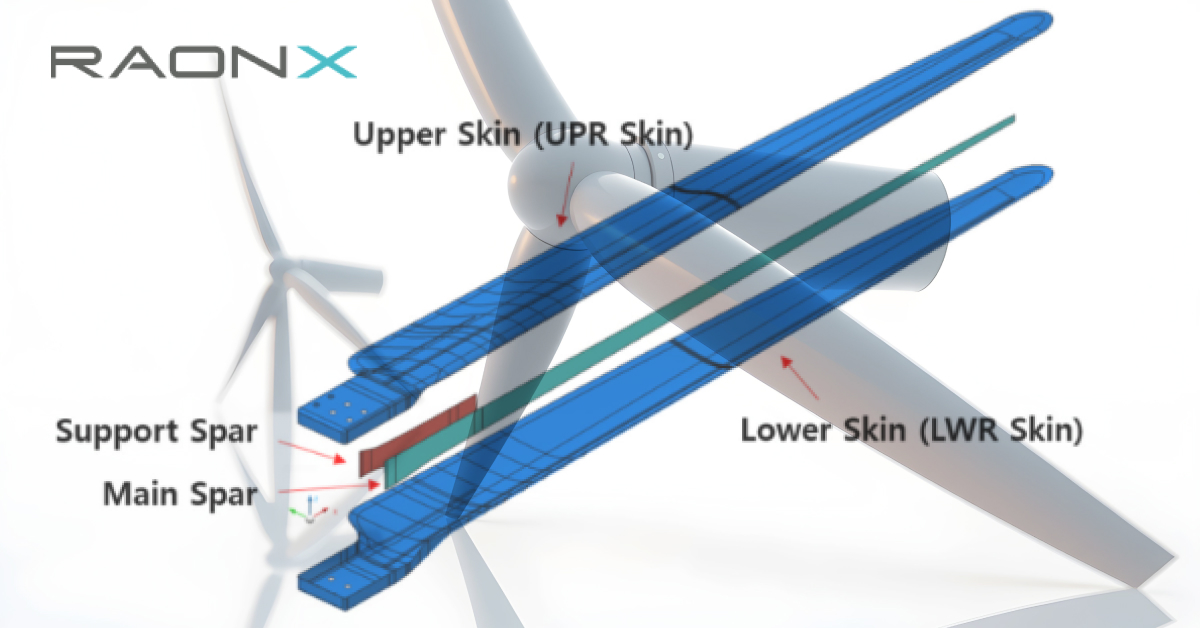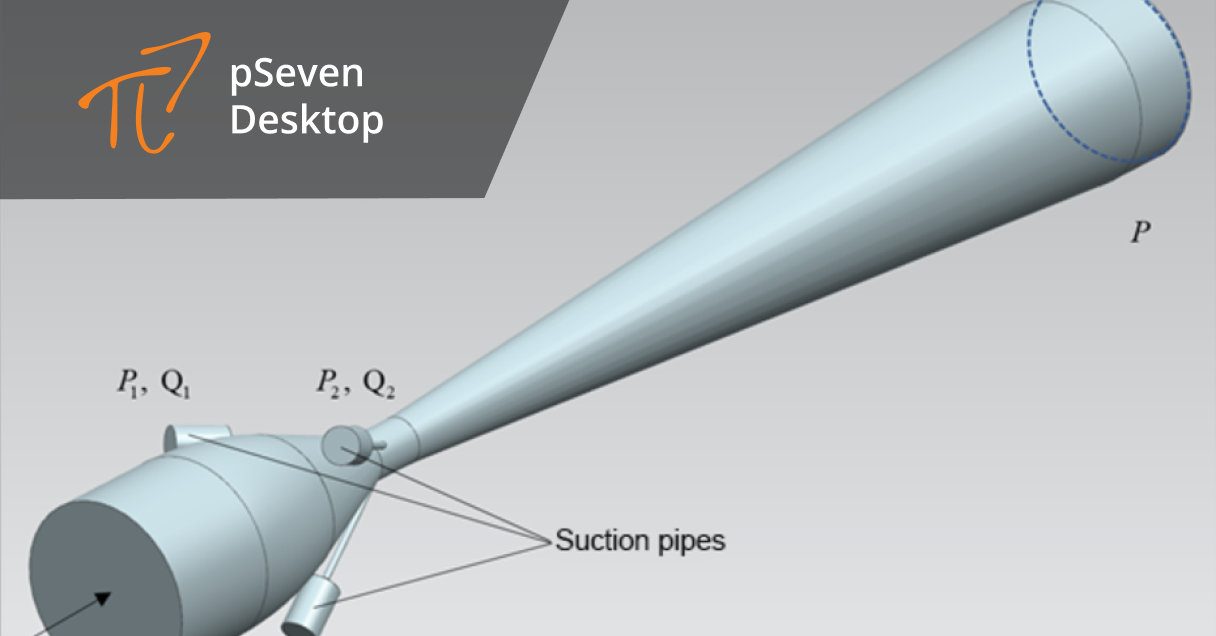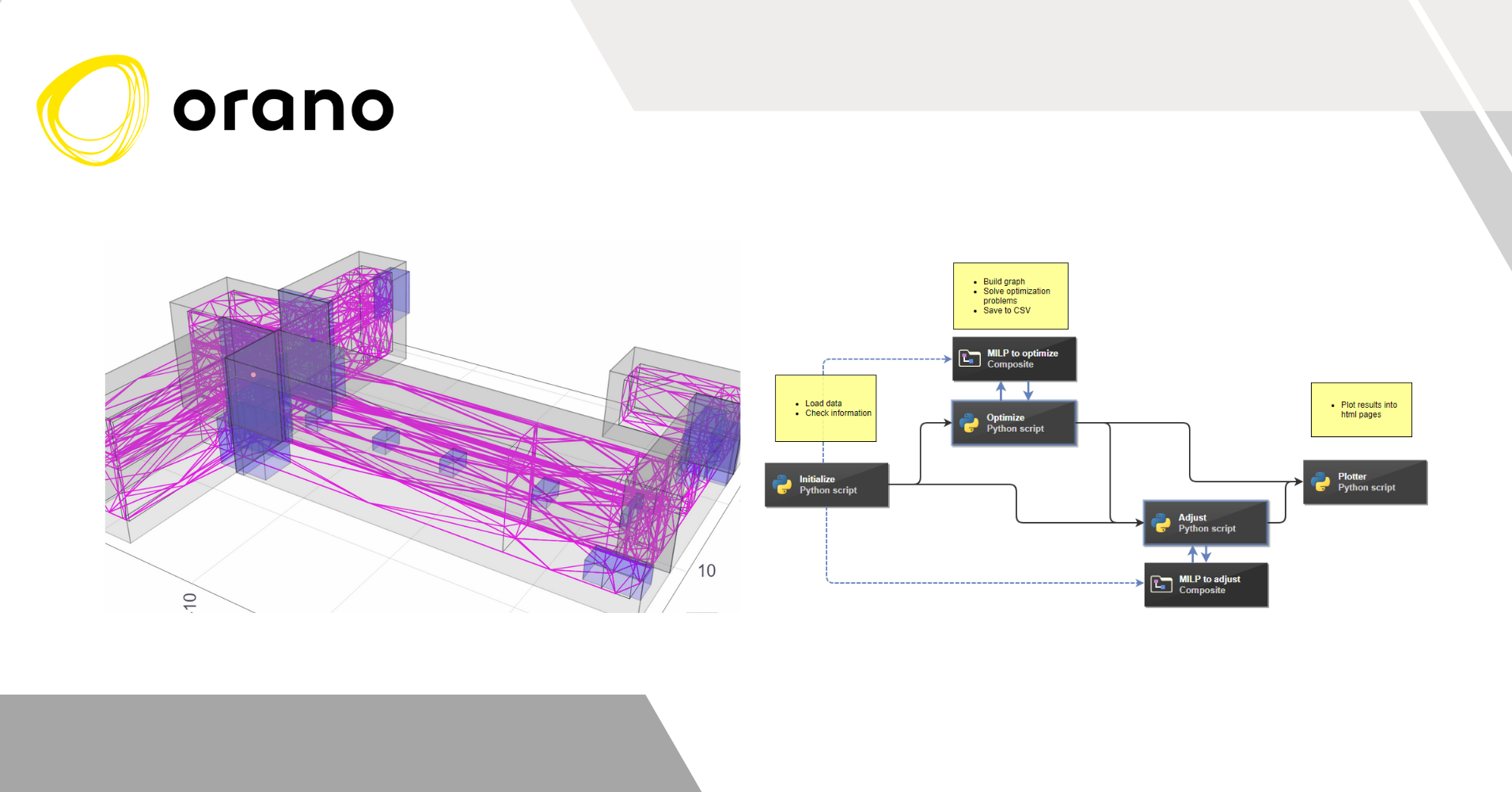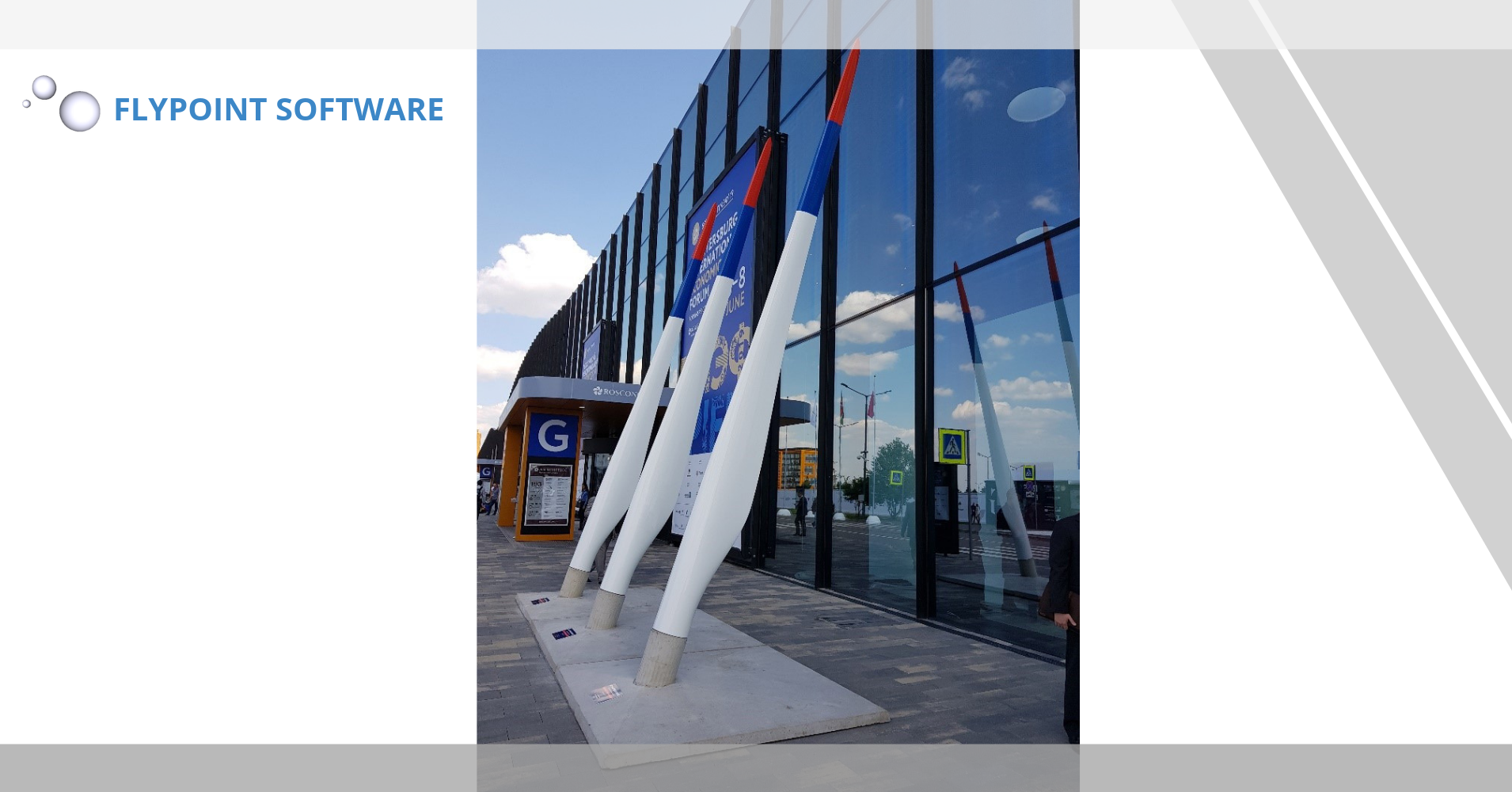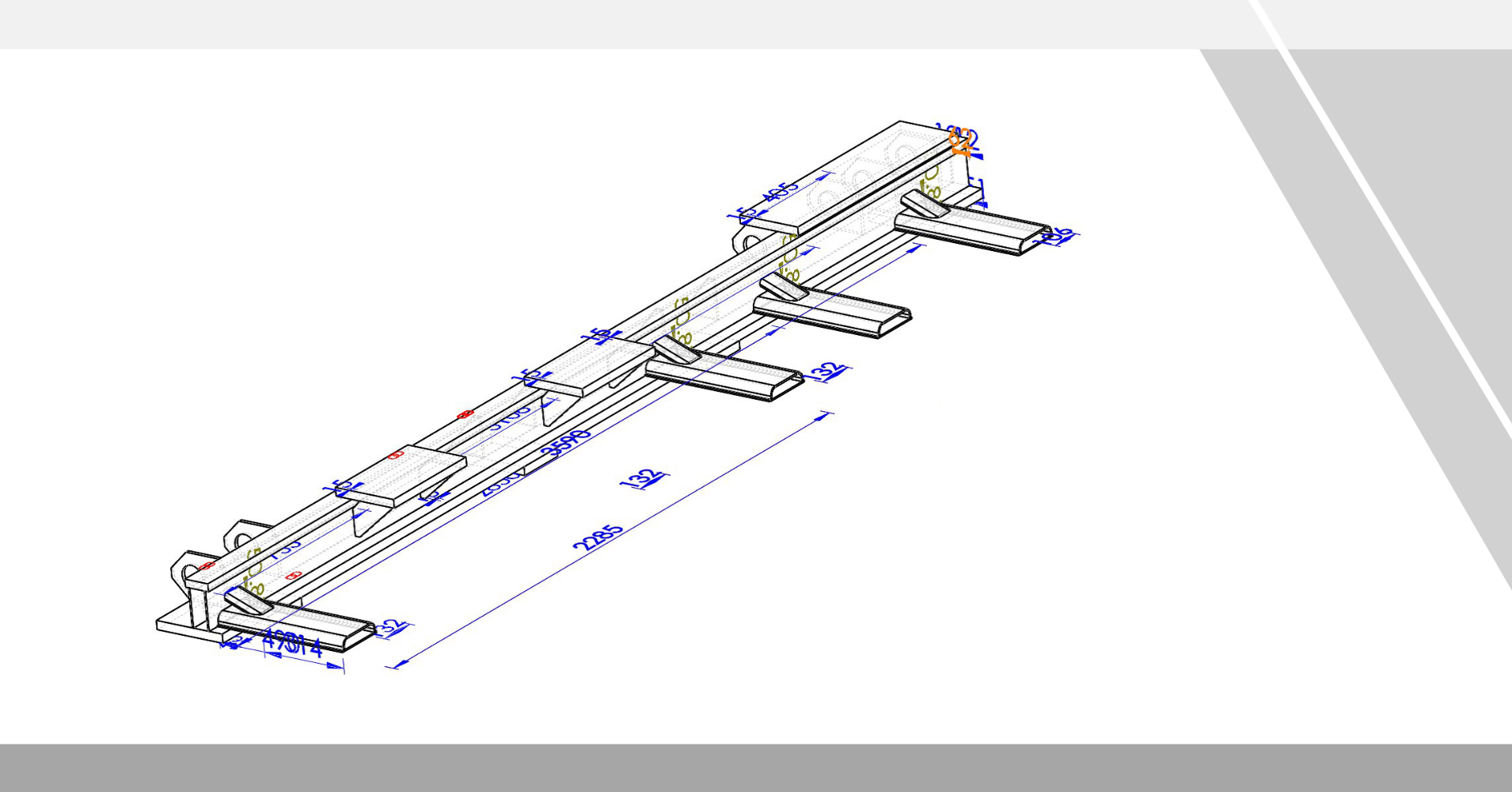bolt Solutions for Energy
Despite many challenges and concerns, nuclear energy and renewables are the important components of the global energy transition. Their roles in hybrid systems, alongside technological advancements, are crucial for achieving global climate goals and ensuring a secure and reliable energy supply.
pSeven solutions aim to help alternative energy companies overcome the economic and technology hurdles to ensure their long-term role in the energy mix.

Adressing challenges
in the Energy industry
The energy industry faces multifaceted challenges including the transition to cleaner energy sources, addressing climate change, ensuring energy security and affordability, and managing evolving regulatory landscapes. A balanced approach, considering different energy sources, is essential to tackle these issues. This involves addressing the challenges associated with each technology and leveraging their respective strengths to create a diverse and reliable energy mix. For nuclear, the challenges are primarily centered around identifying cost-effective designs, assessing safety and managing waste, while for renewables, it's about optimizing energy output and energy storage.
pSeven solutions help companies in advancing alternative energy by enabling design exploration and automation of engineering processes in a collaborative environment. By leveraging the power of pSeven solutions, alternative energy sectors can continue to innovate, improve efficiency, and contribute to a more sustainable and resilient energy future.

Deliver innovative solutions faster and at lower cost
- Find the best product design parameters.
- Integrate a whole variety of industry-standard and in-house software tools.

Increase energy efficiency and assets reliability
- Build more reliable and accurate Digital Twins of assets and equipment.
- Automatically explore and optimize equipment and process parameters.

Foster better teamwork and enhance decision-making
- Co-author and share simulation workflows server-side.
- Turn workflows into web apps and expand the use of simulation.
Safer, more cost-effective nuclear power
with design exploration, process integration and collaborative engineering
Nuclear energy is considered highly knowledge-intensive, requiring specialized expertise across various domains. This includes complex physics, reactor engineering, materials science, safety protocols, waste management and more. The complexity of nuclear technology necessitates a strong emphasis on engineering analysis and knowledge management to ensure safety, reliability and efficiency.
Engineering analysis in nuclear power is a multidisciplinary field that combines fundamental physics and some industry-specific domains, which presents the industry with a number of challenges to ensure the safe and reliable operation of nuclear facilities. Here are some of the industry-specific simulation and analysis characteristics:
- A zoo of 3rd party or in-house simulation software and models, standalone or combined into multidisciplinary workflows.
- Complex and nested simulation workflows with multiphysics problem statement.
- Multiple types of simulation and analysis involved: stress, fluid dynamics, electromagnetic, thermal emission, steady-state and transitional operation modes simulation (1D-simulations), seismic load calculation and operational loads on elements etc.
- Industry-specific types of analysis: neutron physics, fuel behavior, fuel cycle, course and impact of failure, etc.
- Using simulations in solving multiobjective and multicriteria engineering problems.
- The need to run sensitivity analysis and uncertainty quantification of simulation results.
- Huge amount of experimental data and data from multiphysics and multiscale simulations.
- Long-term storage of simulation results, as well as ensuring their accurate rerun years later.
- The need to monitor simulations compliance to the complex multi-level requirements for the objects and processes.
Workflow automation, Process Integration, Design Optimization, Predictive Modeling and collaborative engineering capabilities of pSeven solutions help nuclear energy operators address these specific challenges. They can be applied to ensure the safe and reliable operation of existing nuclear power plants and long-life assets, lower cost of developing innovative and safer reactor designs, to perform failure investigations, assess new technologies and address the need for skilled personnel in the field through the democratization of simulation.
settings Use case
Routing optimization of hydraulic pipes in powerplant rooms
Piping routing in nuclear facilities can include hundreds of ducts in a single room. The objective is thus to minimize the total length of ducts, and consequently the cost. In this use case, Orano assesses the design of piping routing using pSeven in the frame of performance improvement project.

Reliable renewable energy technologies
with Design Optimization and Process Integration tools
There are several challenges associated with renewable energy, primarily concerning intermittency, grid integration, energy storage and high initial infrastructure costs. To make renewable energy a reliable and cost-effective part of the global energy mix, innovative solutions are required in areas such as energy storage, grid management and resource optimization.
The upfront costs of building renewable energy infrastructure (solar farms, wind turbines, etc.) can be significant, acting as a barrier to wider adoption. Current energy storage technologies are not yet capable of storing large amounts of renewable energy for extended periods at a cost-effective price point.
Implementing pSeven solutions at the concept and design stages reduces the cost of renewable energy technologies. This is achieved by helping to find the optimal design and materials for more efficient, reliable, and cost-effective systems. It also helps develop more efficient and reliable energy storage solutions.
Renewable energy companies highly appreciate the process integration capabilities of pSeven, allowing integrating the whole variety of industry-standard and in-house software tools used by for aerodynamic design, loads calculation, structural analysis and other domains.
settings Use case
Design and shape optimization of a wind turbine blade
Thanks to a fully automated workflow and surrogate-based optimization in pSeven Desktop, an improved solution for a wind turbine rated power with a minimal number of CFD simulations was found. As a result, the wind turbine's power increased by 36%.

Explore industrial use cases
Related publications
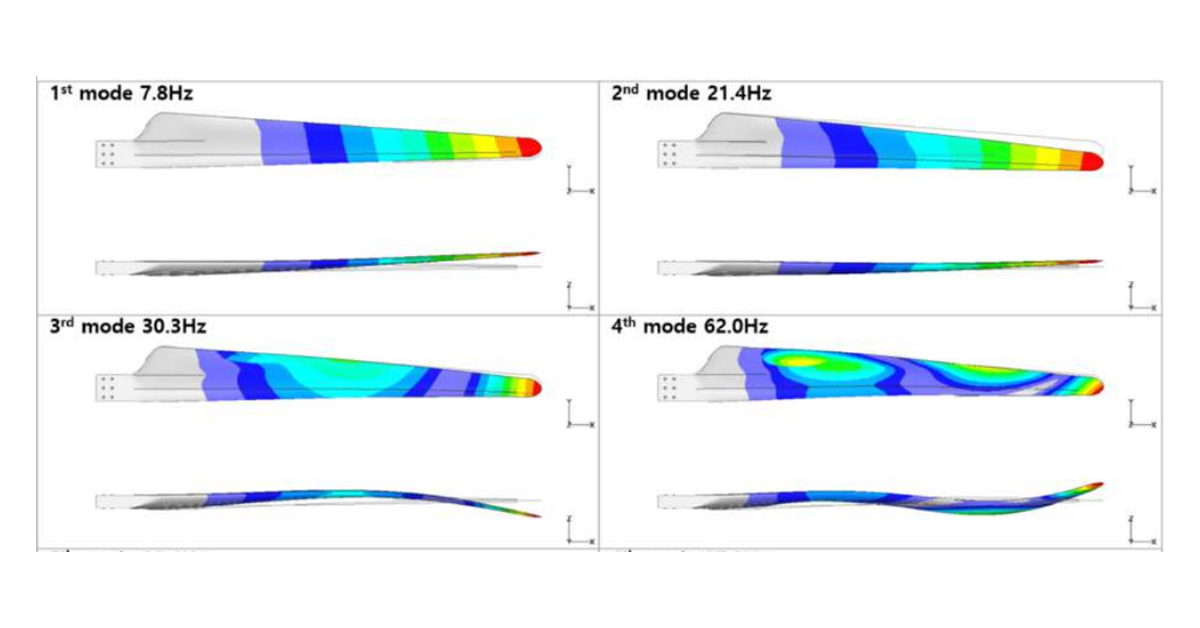
High-fidelity finite element model development for damage detection of wind turbine composite blades
Sungmok Hwang, Hyunmok Kim, Seungjin Kwang, Cheol Yoo
Wiley Online Library
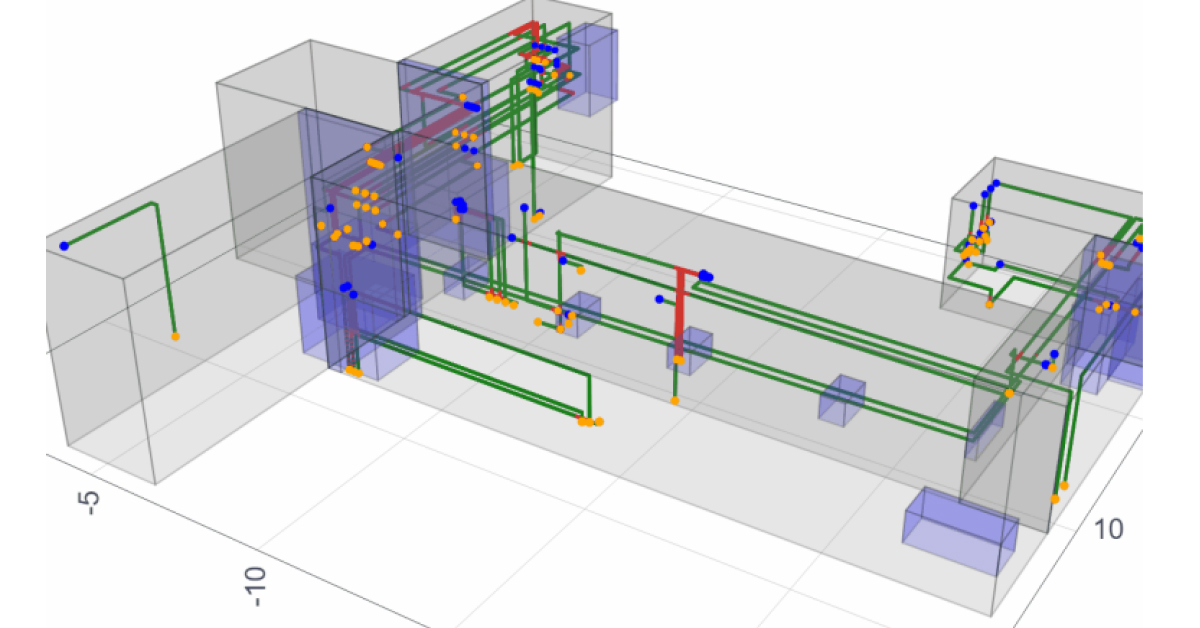
Routing optimization of hydraulic pipes in powerplant rooms
Martin Pauthenet, Application Engineer, DATADVANCE
DATADVANCE User Conference 2021

Design and shape optimization of a wind turbine blade
Lyubov Lavrishcheva, Ph.D, Head of Flypoint Parametrica, Project Manager at the Krylov State Research Centre
DATADVANCE User Conference 2019
What's in the eBook?
done pSeven products description
done Application scenarios
done Selected industrial use cases
